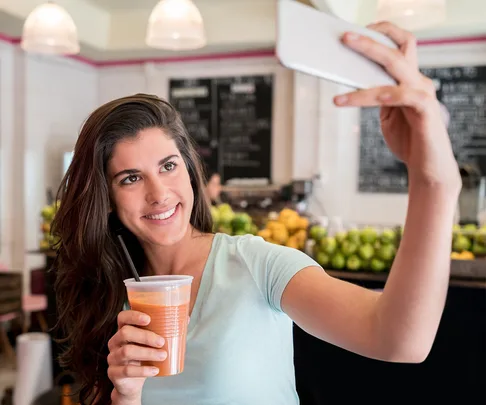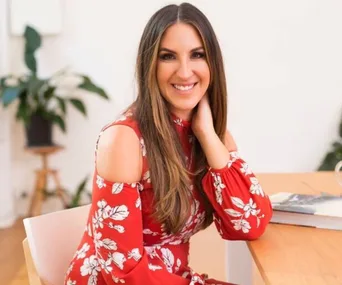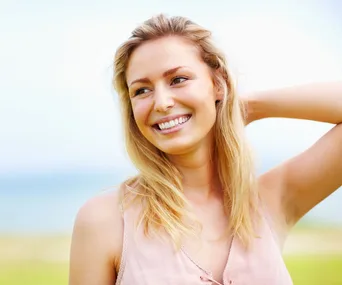If you’ve had a scroll through Instagram lately, you’ll know that wellness and health are big business right now. It’s hard to open your social feed without being greeted by abs, recipes for colourful and beautiful food and yoga poses with sunset backdrops. And while all these images look great, they can have both positive and negative effects on viewers.
But it’s not just the images that can be problematic, health and wellness advice is sometimes doled out by unqualified ‘influencers’, who tell their followers what they eat and how they train. And while this may not seem harmful at first, the sharing of health advice that isn’t researched/supported by doctors or nutritionists and simply works for the individual, can affect the health of many – if they choose to follow this advice.
To help clear up any confusion about what we should be eating, nutritionist, naturopath and founder of Wellness by Blair, Jess Blair, talks to Now To Love about where we should be getting our diet and nutrition information from and what a typical day of healthy eating looks like.
What’s so wrong with taking health and nutrition advice from fitness models on Instagram?
I think with the overcrowding of confusing information – especially in regards to nutrition – we can look up to certain people for their advice, and these people want the best for their followers but something that may work for someone might not work for the next person. I always say it with love, but sharing on Instagram outside your scope of practice is irresponsible and potentially dangerous.
What kind of consequences can happen when influencers share their weight loss diets or what they eat online?
Someone could be inspired to under eat or over train. Instagram shows a snippet of someone’s day and it’s important for young, impressionable women (and men) to know that this might not be the right choice for them. It is also important that we share body positive messages for the young.
Can this change our relationship with food/healthy eating?
Yes I think so, with the right messages, the right advice and positive body image promotion I think it can help everyone have a good relationship with food.
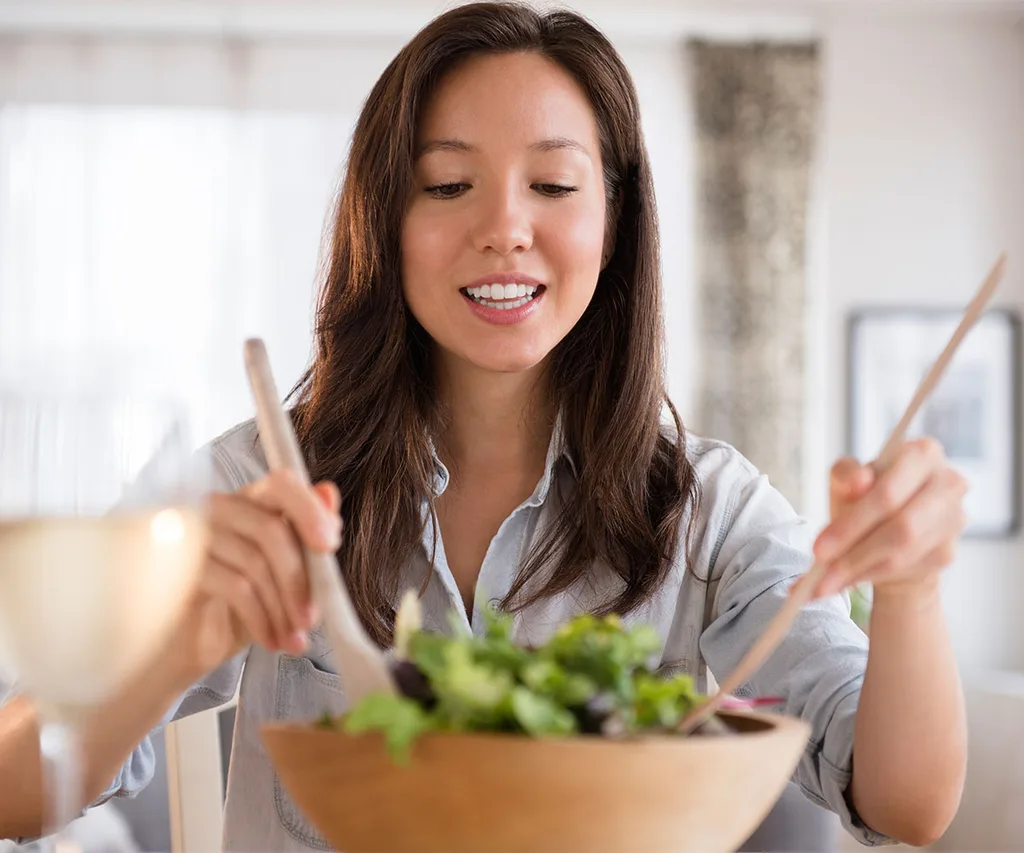
Influencers often post health and wellness advice – have you read any advice that made you cringe or shake your head at your phone?
Weight loss teas are a big one, and the newest trend of lollipops suppressing the appetite are so dangerous. My biggest piece of advice is doing what is right for you. A good naturopath or nutritionist will support your regime whatever that is, if it’s vegan, vegetarian, keto…
Where should people get their health and nutrition advice?
Their health care professional, whether that be their dietitian, or nutritionist someone who has a qualification in nutrition or dietetics or similar.
What common nutrition myths would you like to debunk right now?
Probably that diet coke is better than full coke or energy drinks are good for us. ALL sodas are terrible for us, and all energy drinks are extremely harmful.
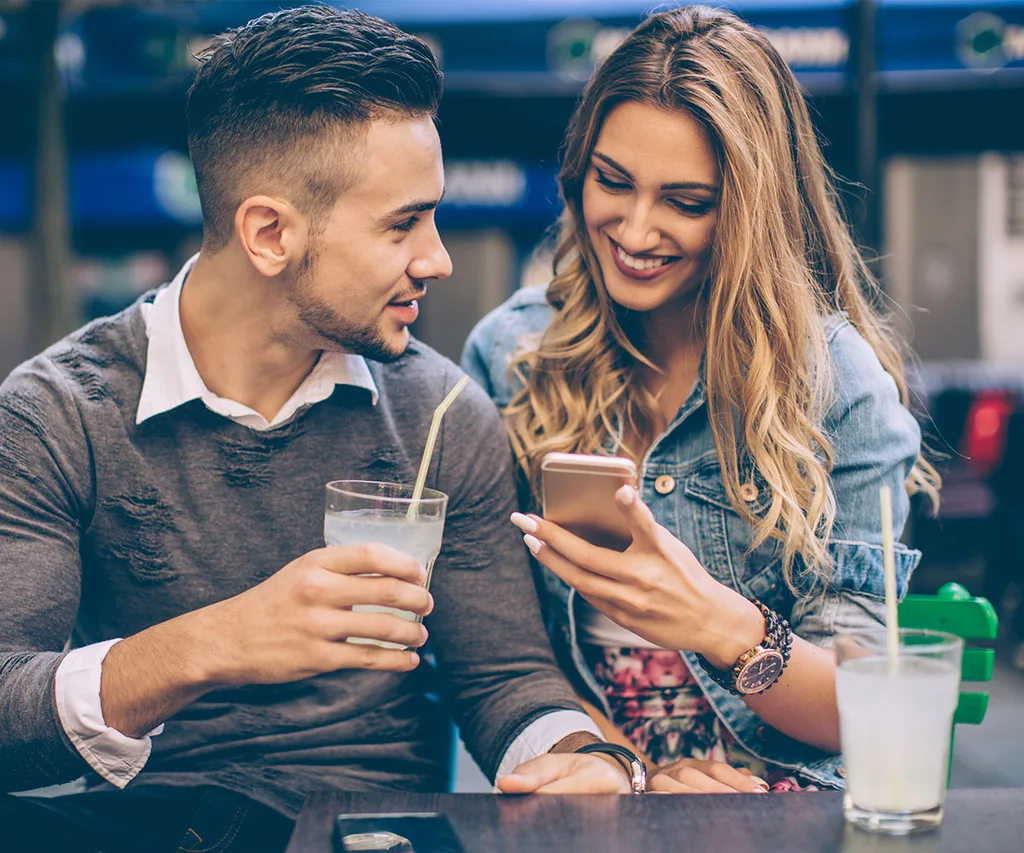
What should a typical day of healthy eating look like?
A typical day food-wise should include an array of nutrients, from good sources of vegetables, fruit, legumes, fruit and protein ( if you eat meat). Your food should be eaten in a healthy, non-rushed environment ( not in the car going to work) and should not make you feel sick, or bloated or guilty. A perfect day of eating, is one that is great for your body and your mind also.
Jess is a mother of two, wife, naturopath and clinical nutritionist who has recently moved from Australia to New Zealand. Her nutrition philosophy is based on helping people discover high quality nutritional foods that can be easy, convenient and delicious. You can find out more about Jess on her website.
